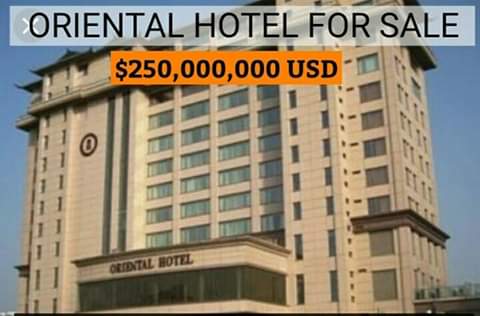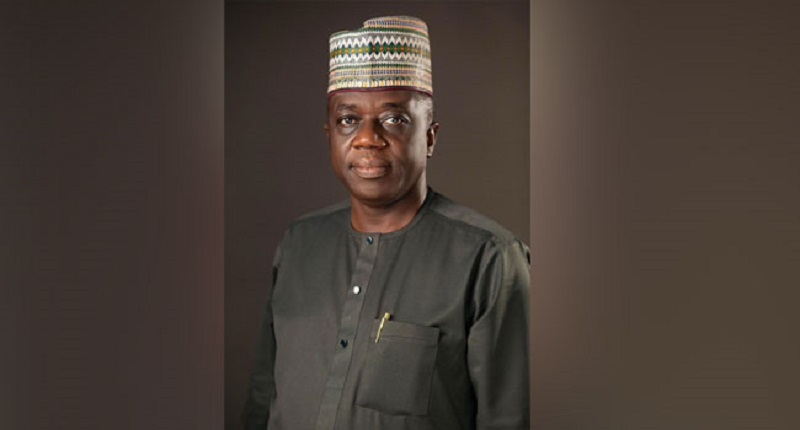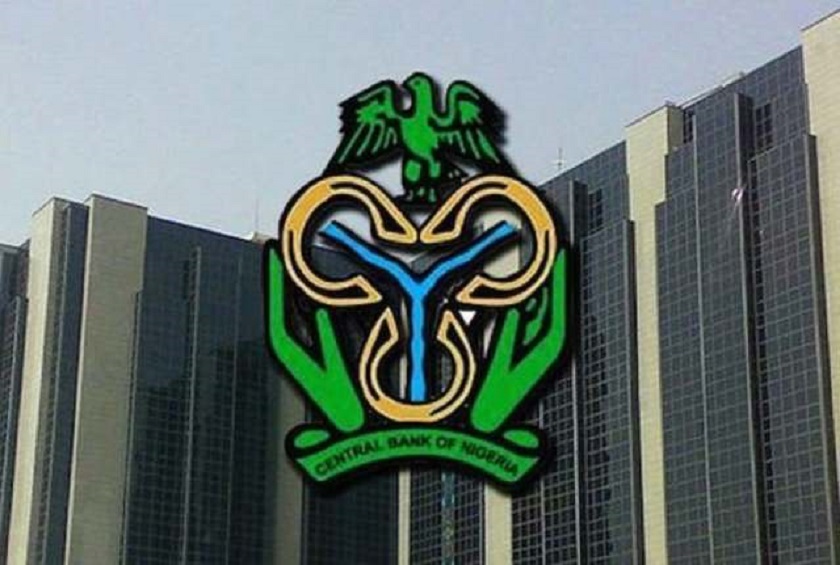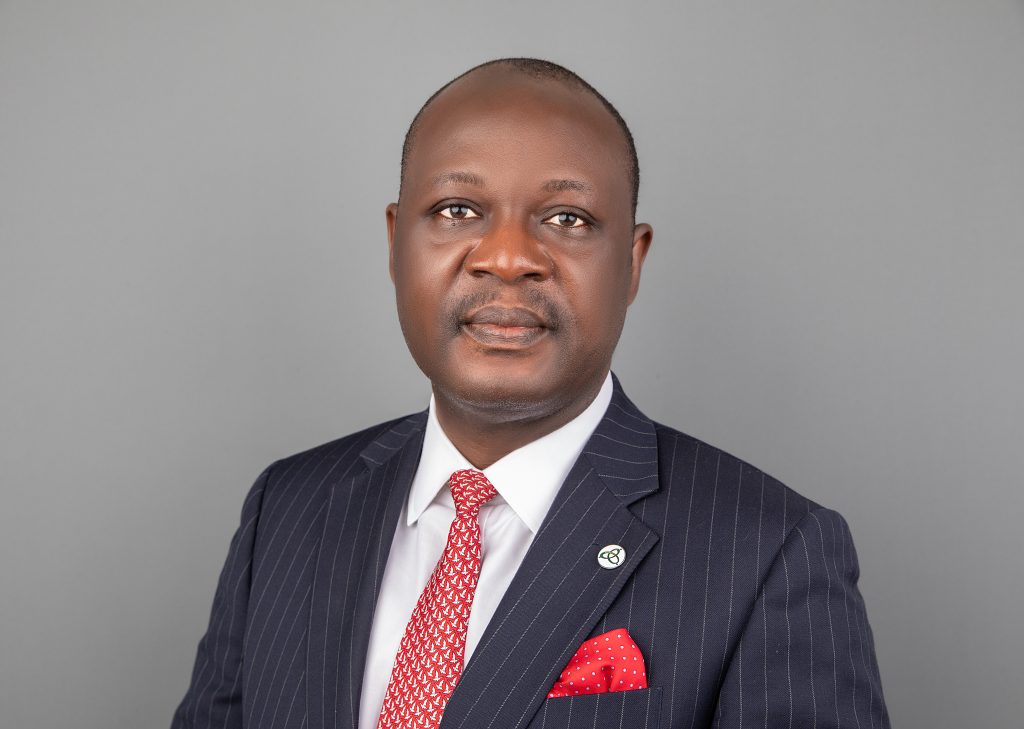Jobs/Appointments
14,000 May Lose Job on Exit of Oriental Hotel Owners from Nigeria

By Modupe Gbadeyanka
There are strong indications that the number of job loss in Nigeria under the present administration of President Muhammadu Buhari may further increase anytime soon.
This is because owners of the popular Oriental Hotel in Lagos, Western Metal Products Company Limited (WEMPCO) Group, are planning to leave the country after over four decades doing business in the Africa’s largest economy.
Few days ago, there were reports that WEMPCO was offering to sell its flagship hospitality business, Oriental Hotel for $250 million (about N90 billion).
In a report posted a moment ago, Business Day said WEMPCO wants to sell the company because of some issues, including unfavourable business environment, corporate governance, debts and others.
It was reported that the group has fallen on hard times and is considering an exit from Nigeria along with its steel plant, which has 700,000 tonnes-capacity and employs about 14,000 people, mostly Nigerians.
“When deep, long-term guys like these are exiting, then it is a very worrying sign. People like these are not supposed to exit,” an economic analyst, who asked not to be quoted, said.
Founded by Lewis Tung and his brother Robert Tung, WEMPCO Group has been in Nigeria for over 40 years with established manufacturing companies that produce roofing sheets, galvanised pipes, wire nails, plywood, ceramic tiles and sanitary ware. It is also actively involved in agricultural and hospitality sectors through which it currently employs over 13,000 workers across its 11 subsidiaries.
The Tungs were among the four Chinese families that came to Nigeria in the 60s.
“If they leave there will be only one left,” an industry expert said on the condition of anonymity.
Chaired by Lewis Tung, a Chinese-born, US-trained entrepreneur, WEMPCO has made some of the biggest foreign direct investments in Nigeria in recent years.
Top directors in the steel and hospitality sectors who are familiar with the situation, however, told BusinessDay that the reasons for the group’s ordeal are poor corporate governance, over-dependence on government policy, inability to consider Nigerian realities before making key decisions, and harsh business environment.
They say there is poor corporate governance at the Luxury Oriental Hotel as directors’ children interfere in the financial operations of the business.
More so, the group relied so much on government policy and Olusegun Aganga, the then minister of industry, trade and investment, for its survival. This has turned out to be part of its Achilles Heel.
In 2015, BusinessDay exclusively reported that the then outgoing government of Goodluck Jonathan, under the supervision of Aganga, classified WEMPCO, Midland and Kam Wire as upstream manufacturers of cold-rolled steel. They were to produce for the downstream segment which would use the cold-rolled steel for further production.
These companies were granted import waivers that would allow them to import any shortfall (the demand gap) to complement what they would produce locally to meet the demands of the downstream segment.
Downstream manufacturers wishing to import the cold rolled steel coils were mandated to pay 20 percent import duty.
At some point, WEMPCO and co raised prices of cold-rolled steel, forcing some of the manufacturers in the downstream segment to set up cold-rolled plants.
“WEMPCO had invested heavily in this segment. So when the manufacturers who were supposed to buy from them set up cold-rolled lines, it became a problem for the likes of WEMPCO. As this was happening, a new government of Muhammadu Buhari came and cancelled the waivers,” a reliable source in the steel sector said.
Sources added that WEMPCO calibrated a production line in its N236 billion rolling mill in Lagos to produce a thick cold-rolled of 0.2mm, which is more expensive than the 0.8mm or 0.4 mm seen in the West African market.
“It became difficult for them to be competitive in a market where low-quality products are rife,” another industry source said.
However, some analysts say the company’s problem shows Nigeria’s weak business environment.
Babatunde Paul Ruwase, president, Lagos Chamber of Commerce and Industry (LCCI), recently said businesses are generally burdened with the challenges of infrastructural deficiencies and macroeconomic blows, as most investors are saddled with huge cost of providing electricity, poor access to good roads, insecurity and other industry-specific issues amid poor access to affordable credit, high exchange rates and multiple taxation.
Ken Udoh, a Lagos-based public affairs analyst, said the sale of the hotel by its owners could be as a result of a tough operating environment and the increase in the cost of doing business in the country.
“This further confirms our fears about the economy and the decrepit infrastructure in the country,” Udoh said.
Ademola Feranmi, an economist, said the service industry is really struggling currently. The shrinking consumer wallet has reduced the patronage and the profitability of these companies while the cost of operation keeps rising.
“Most hotels now have large halls to host social events on weekends and corporates to boost their revenue,” he said.
The Manufacturers CEOs Confidence Index (MCCI) report released on Tuesday by the Manufacturers Association of Nigeria (MAN) shows that confidence of business owners in Nigeria’s manufacturing sector stands at 51.3 percent in the first quarter of 2019 as 200 CEOs interviewed said access to dollars, credit, electricity and fair taxes were major drawbacks.
The sale of Oriental Hotel is coming after Four Points by Sheraton was acquired in 2018 by Actis, an investment firm, and Westmont Hospitality Group. The 231-room hotel is targeted towards business travellers and small conventions. It was owned by Starwood Hotels & Resorts, which is a subsidiary of Marriott International.
An imminent exit of WEMPCO Steel, commissioned in 2013 by President Jonathan, could mean loss of 14,000 jobs after Procter&Gamble shut down its $300 million diaper plant, with Kimberly Clark also exiting.
The CBN in 2015, as part of its initiative to resuscitate local industries and improve employment generation, released a list of items not eligible for foreign exchange in the government-created Importers & Exporters window. Among the 41 items on the list are cold-rolled steel sheets, galvanised steel sheets, and roofing sheets.
Business Post reports that some Nigerians had before linked ownership of Oriental Hotel to the national leader of the ruling All Progressives Congress (APC), Mr Ahmed Tinubu.
Jobs/Appointments
Tinubu Appoints Ogunjumi Acting Accountant General as Madein Retires

By Adedapo Adesanya
President Bola Tinubu has appointed Mr Shamseldeen Babatunde Ogunjimi as the Acting Accountant General of the Federation (AGF).
This was contained in a statement on Tuesday by presidential spokesman, Mr Bayo Onanuga.
“His appointment is effective immediately following the pre-retirement leave of the incumbent AGF, Mrs Oluwatoyin Sakirat Madein,” a part of the statement read.
“In announcing Madein’s successor, President Tinubu ensures a seamless transition in the administration of Nigeria’s treasury and consolidates the implementation of the present administration’s treasury policy reforms,” the statement added.
Mr Onanuga said Mr Ogunjimi brings over 30 years of extensive experience in financial management across the public and private sectors.
He described the appointee as a career civil servant and the most senior director in the Office of the Accountant General of the Federation (OAGF),
“He has held significant positions, including Director of Funds at the OAGF and Director of Finance and Accounts at the Ministry of Foreign Affairs.
“A chartered accountant, certified fraud examiner, chartered stockbroker, and chartered security and investment specialist, Mr Ogunjimi’s academic qualifications include a Bachelor of Science (BSc) in Accountancy and a Master’s in Finance and Accounting,” the statement added.
According to Mr Onanuga, President Tinubu expressed his confidence in his appointment, saying, “The Office of the Accountant General of the Federation is pivotal to our nation’s treasury management operations. Mr Ogunjimi’s wealth of experience and notable competence will ensure the continued effectiveness of this vital institution as we advance our economic reform agenda.”
President Tinubu also commended the outgoing Accountant General of the Federation, Mrs Madein, for her dedication and selfless service to the nation.
After reaching the civil service’s statutory retirement age, Mrs Madein is retiring effective March 7, 2025.
Jobs/Appointments
CBN Denies Forceful Mass Retirement Amid Restructuring

By Adedapo Adesanya
The Central Bank of Nigeria (CBN) has dismissed claims of forced mass retirement as part of efforts by Governor Yemi Cardoso to restructure the workforce of the organisation.
In a statement released on Wednesday, the Acting Director of Corporate Communications, Mrs Hakama Sidi Ali, clarified that its Early Exit Package (EEP) is entirely voluntary and without any negative repercussions for eligible staff.
According to the statement, the decision to implement the exercise was the outcome of extensive consultations with the bank’s Joint Consultative Council (JCC), a body representing staff interests.
Mrs Sidi Ali explained that the EEP, a longstanding policy previously accorded to the executive cadre, has now been made available to eligible staff at all levels.
“For some time, staff representatives through the JCC had called on management to approve the early exit package for all cadres. Following these discussions, management decided to meet this popular demand,” she said in the statement.
Addressing concerns about potential repercussions for staff who decline the package, Mrs Sidi Ali reaffirmed management’s commitment to supporting employees’ professional growth and well-being, describing the concerns as unfounded.
She further emphasized that the initiative is an internal corporate matter designed to promote career development for staff.
According to wide spread reports, there have been plans to retire approximately 1,000 employees by the end of the year with a payoff estimated to cost over N50 billion.
The mass retirement, which was announced in a circular issued three weeks ago, mandates affected employees to apply for the Early Exit Package (EEP).
The statement allegedly warned employees with less than one year of service or unconfirmed appointments to refrain from applying for the program, noting that the application would remain open until December 7, with an effective exit date of December 31, 2024.
It was reported that the entire EEP was valued at N50 billion.
Jobs/Appointments
CBN Okays Appointment of Benson Ogundeji as Greenwich Merchant Bank CEO

By Modupe Gbadeyanka
The Central Bank of Nigeria (CBN) has approved the appointment of Mr Benson Ogundeji as the chief executive of Greenwich Merchant Bank Limited.
The board of the financial institution for businesses had picked Mr Ogundeji as its substantive CEO but awaited the authorisation of the banking sector regulator.
He brings over three decades of extensive banking experience to this role as a seasoned financial services professional, who previously served as Executive Director at Greenwich Merchant Bank from July 2020, where he played a pivotal role in the bank’s successful transition from the legacy Greenwich Trust Limited to a merchant bank.
In this capacity, he provided oversight for Corporate Banking, Treasury and Global Markets.
Throughout his career, Mr Ogundeji has demonstrated exceptional expertise in business development and operational excellence.
Before joining the firm, he held various senior leadership roles at prominent financial institutions, including Ecobank Nigeria, GTBank, and other notable banks, where he consistently displayed exceptional leadership skills.
His appointment comes at a crucial time as Greenwich Merchant Bank commences the next phase of its growth plans. Having related closely with the new CEO, as an Executive Director and acting CEO in the last four years, the board has expressed confidence about his ability to lead the bank in delivering our strategic goals.
“The board is pleased to announce the appointment of Benson Ogundeji as our Managing Director/Chief Executive Officer,” the chairman of Greenwich Merchant Bank, Mr Kayode Falowo, stated.
-

 Feature/OPED5 years ago
Feature/OPED5 years agoDavos was Different this year
-
Travel/Tourism8 years ago
Lagos Seals Western Lodge Hotel In Ikorodu
-

 Showbiz2 years ago
Showbiz2 years agoEstranged Lover Releases Videos of Empress Njamah Bathing
-

 Banking6 years ago
Banking6 years agoSort Codes of GTBank Branches in Nigeria
-

 Economy2 years ago
Economy2 years agoSubsidy Removal: CNG at N130 Per Litre Cheaper Than Petrol—IPMAN
-

 Banking2 years ago
Banking2 years agoFirst Bank Announces Planned Downtime
-

 Sports2 years ago
Sports2 years agoHighest Paid Nigerian Footballer – How Much Do Nigerian Footballers Earn
-

 Technology4 years ago
Technology4 years agoHow To Link Your MTN, Airtel, Glo, 9mobile Lines to NIN












